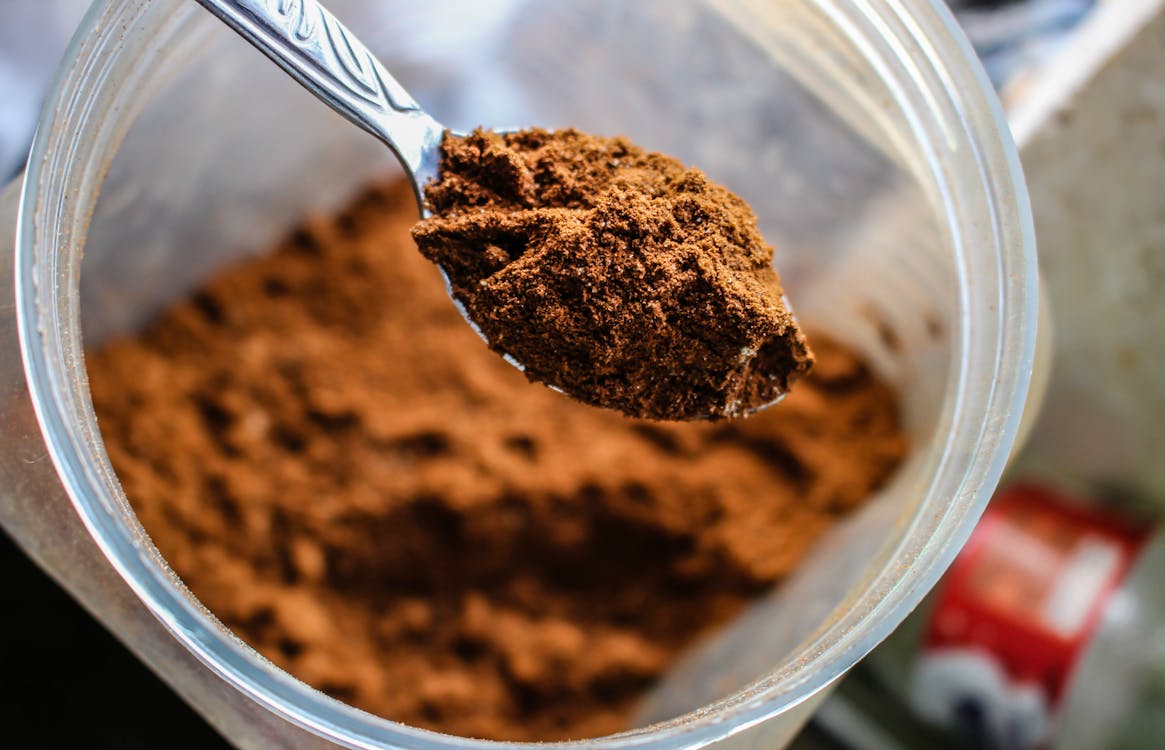Excessive protein intake puts a strain on the kidneys and causes illnesses such as damage and gout !?
The body needs protein. This major nutrient plays a variety of roles in helping cells, tissues and organs function in the body. So it's true that you need to eat foods that contain protein.
One of the reasons is that while the body synthesizes many of the amino acids that make up proteins, there are some that the body cannot make.
However, there is an open debate about how much and what type of protein (animal, vegetable, etc.) the body needs and how it helps build muscle.
Harvard University School of Public Health explains:
"The National Academy of Medicine has established a wide range of protein consumption guidelines ranging from 10-35 percent of total daily calories." Other than that, the ideal amount of protein in your diet and total calories There is relatively little reliable information about the protein percentage target. "
With this in mind, there is room for many misunderstandings. Therefore, I asked an American expert to explain it so that I would not misunderstand it.
Wrong: Don't eat too much protein
fact
There are many reasons why you shouldn't take too much. A high-protein diet doesn't seem to matter much, but protein digestion increases blood levels of waste products and uric acid that help the kidneys excrete to the outside world.
Also, according to Dr. Stephen Gandley, director of the International Heart & Lung Institute, eating much more than you need (130 pounds = about 46 g per day for a woman weighing about 59 kg) can strain your kidneys. It is said to cause illnesses such as damage and gout.
But for most people, the problem is the keto and Atkins diets, which consume a lot of meat and eggs that tend to be high in saturated fat and cholesterol.
Dr. Ruby Rayson, a nutritionist in Washington, DC, claims that "these effects can cause heart disease and cancer."
Vegetables are the best way to get protein. A study published in the 2020 medical journal BMJ (British Medical Journal) found that replacing red meat with high-quality vegetable proteins such as legumes, nuts, and soybeans could reduce Heart disease, such as a heart attack, is a risk. I know there is.
Regarding the fact that protein acts on weight loss, Dr. Gandley says, "excess calories are converted into sugar and accumulated as fat."
Wrong: Not enough complete protein from plants
fact
The answer is "I can." Previously, experts thought that certain vegetable proteins should be combined to make a complete protein when eating together.
But now, if you eat different food groups a day, you can get full vegetable protein with just one meal.
In fact, a 2019 assessment shows that vegetarians on a high-protein diet consume more than enough protein and amino acids.
Beans, nuts, and seeds can meet the daily protein requirements as much as animal foods (1 cup of cooked black beans is 16g, covers 35% of the daily requirement, and 1 cup of green soybeans. 18g, 4 ounces = about 113g beef burger 29g).
In addition, vegetables contain less protein than animal foods, but broccoli, bean sprouts, green peas, spinach, etc. contain it.
Wrong: Cheese is a great way to get protein
fact
Cheese is high in protein, but it also contains a lot of saturated fats that raise sodium, calories, and cholesterol levels.
The American Heart Association recommends limiting saturated fat to 13 g per day (for a diet of 2000 calories per day).
If so, eating 1.5 ounces of cheddar (the size of three dice) would consume more than half a day's worth of saturated fat and 10% sodium.
Champagne Nutrition nutritionist Ginger Hartin suggests, "The best bet is to choose a low-fat type (feta, mozzarella, cottage cheese, etc.) or a smaller potion."
In any case, cheese should not be the main source of protein.
Wrong: Animal proteins cause cancer
fact
It's not that simple. The good news for meat lovers is that not all meats are made the same.
When doctors talk about the causal relationship between meat and cancer, they usually refer to red or processed meats such as bacon, sausages, ham, and jerky.
WHO says it considers processed meats as a Group 1 carcinogen. In other words, there is the fact that it causes colon cancer in the human body.
In addition, beef, pork, veal, and mutton are classified in Group 2, suggesting that the risk of cancer may increase.
If you eat animal protein, Dr. Gandley recommends focusing on foods that are free of Neu5Gc sugar molecules, such as natural fish and shellfish, chicken and duck, and eggs.
On the other hand, according to a study by JAMA Internal Medicine, a diet rich in fruits, vegetables, and fish can reduce the risk of colorectal cancer by 43%.
Wrong: Protein powders and bars are a great way to get protein
fact
Not really. Many protein bars and powders are heavily processed with added sugar, sweets, colors, and preservatives.
According to Dr. Gandley, processed foods interfere with the movement of organelle mitochondria, which turn food into energy for cells to use.
Dr. Rayson also argues that protein from unprocessed foods is best because it also includes other nutrients such as calcium and fiber.
Still, Hartin says it's sometimes convenient to use bars and powders. Find a bar that contains at least 3g of fiber, has minimal foods on the ingredient list, such as fruits and nuts, and has a natural sweetness, such as Luo Han Guo and dates.
If sugar (whether honey or maple syrup) is listed by any name, "it's important to make sure it's not the main ingredient, and if so, it's like eating a candy bar. That's what Dr. Rayson explains.

